Related Research Articles
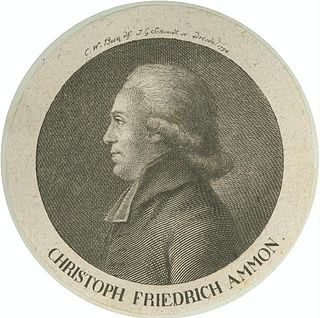
Christoph Friedrich von Ammon was a German theological writer and preacher. He was born at Bayreuth, Bavaria and died at Dresden.
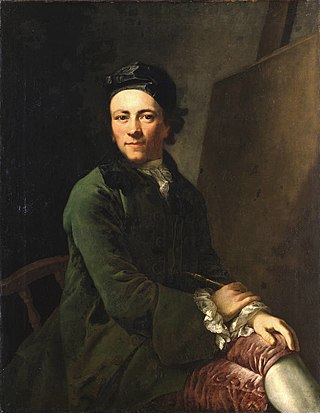
Anton Graff was an eminent Swiss portrait artist.
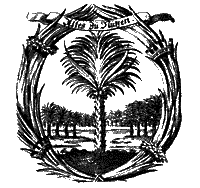
The Fruitbearing Society was a German literary society founded in 1617 in Weimar by German scholars and nobility. Its aim was to standardize vernacular German and promote it as both a scholarly and literary language, after the pattern of the Accademia della Crusca in Florence and similar groups already thriving in Italy, followed in later years also in France (1635) and Britain.
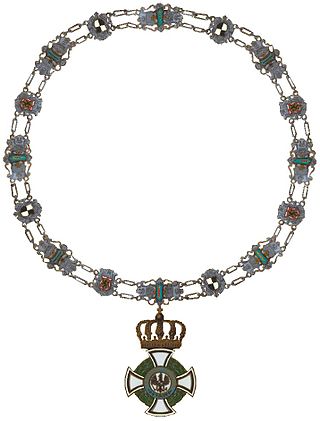
The House Order of Hohenzollern was a dynastic order of knighthood of the House of Hohenzollern awarded to military commissioned officers and civilians of comparable status. Associated with the various versions of the order were crosses and medals which could be awarded to lower-ranking soldiers and civilians.
Johann Ludwig Karl Heinrich von Struve was the youngest son of the large brood of children of Johann Christoph Gustav von Struve and Sibilla Christiane Friederike von Hochstetter; part of the Struve family and brother to Gustav Struve.

Prince-provost is a rare title for a monastic superior with the ecclesiastical style of provost who is also a Prince of the Holy Roman Empire (Reichsfürst), holding a direct vote in the Imperial Diet assembly coequal to an actual Prince-abbot, as in each case treated below.

The Struve family were a Baltic German noble family of Eastphalian origin and originated in Magdeburg, the family produced five generations of astronomers from the 18th to 20th centuries. Members of the family were also prominent in chemistry, government and diplomacy.

Prince Joseph Ernst Friedrich Karl Anton Meinrad of Hohenzollern-Sigmaringen was the fifth Prince of Hohenzollern-Sigmaringen. He ruled from 1715 to 1769.
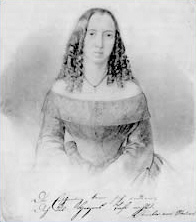
Amalie Struve was a democratic radical participant in the 1848 March Revolution. She is also remembered as an early feminist and author.
Johann Baptist Spitzeder was an Austrian actor and bass singer.
References
- 1 2 Ansgar Reiss (2004). Radikalismus und Exil: Gustav Struve und die Demokratie in Deutschland und Amerika (in German). Franz Steiner. pp. 30–31. ISBN 3-515-08371-5.